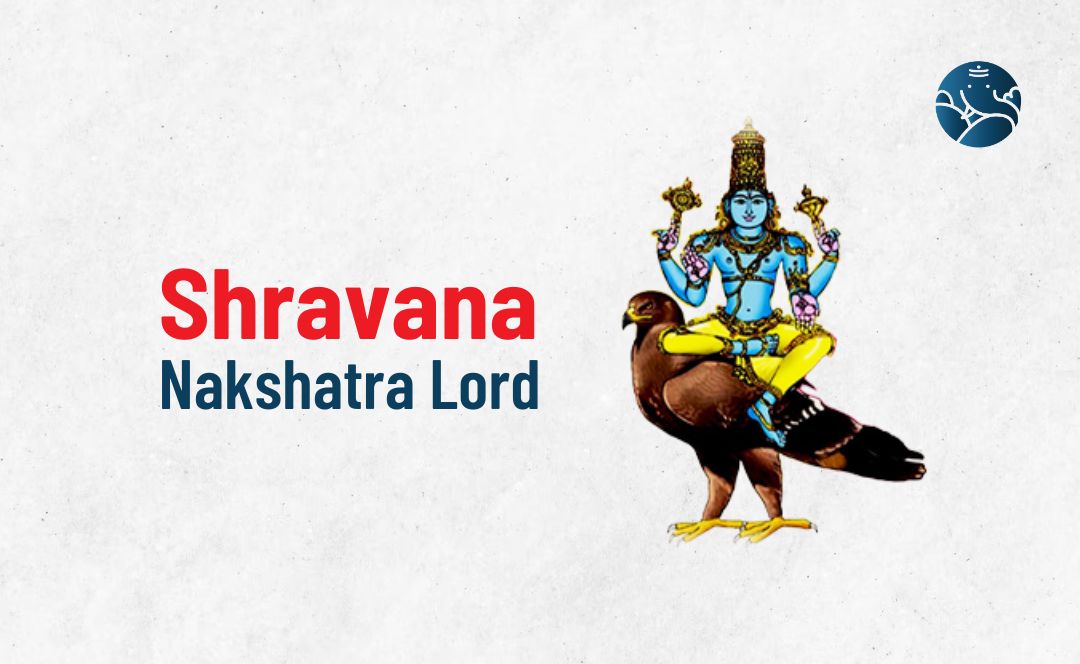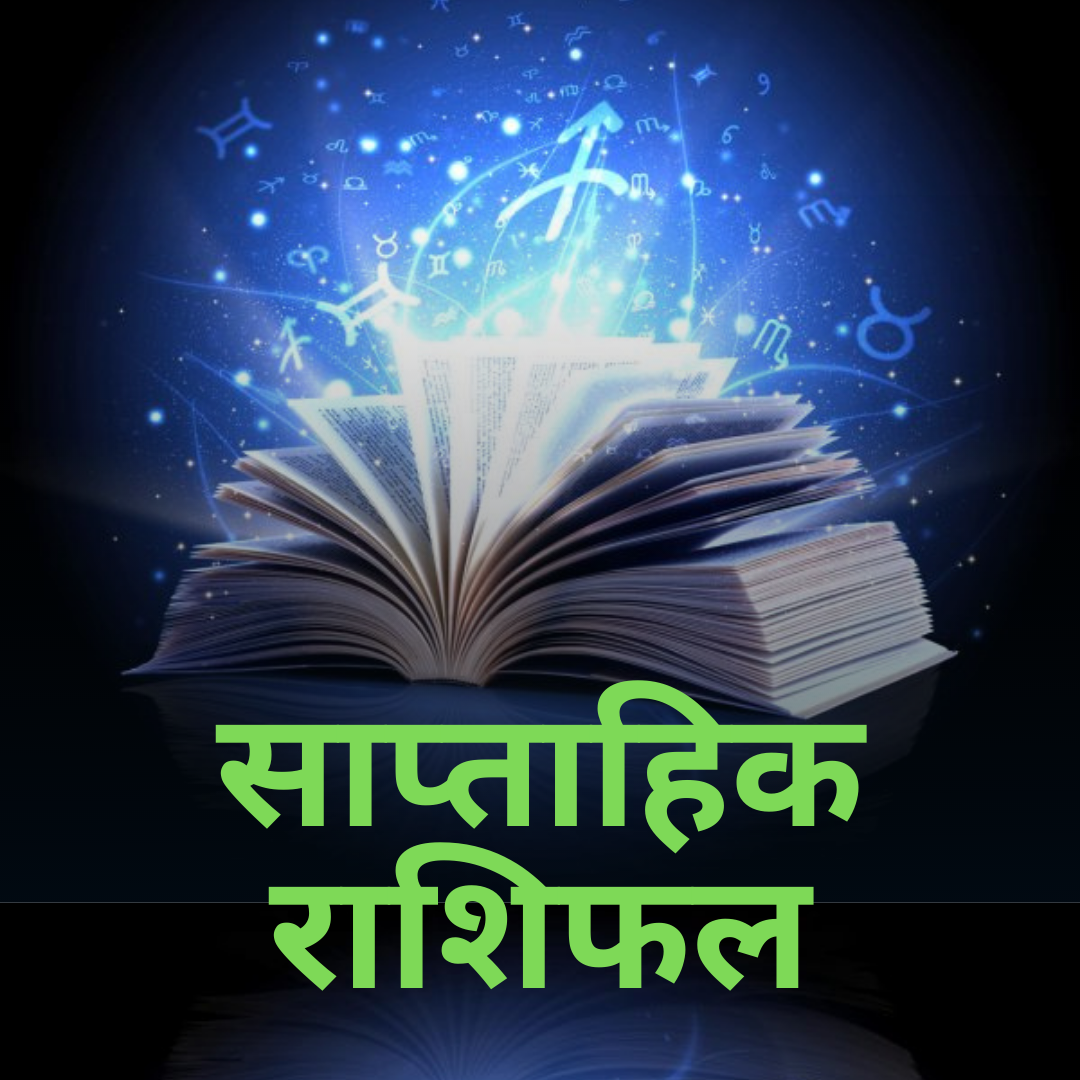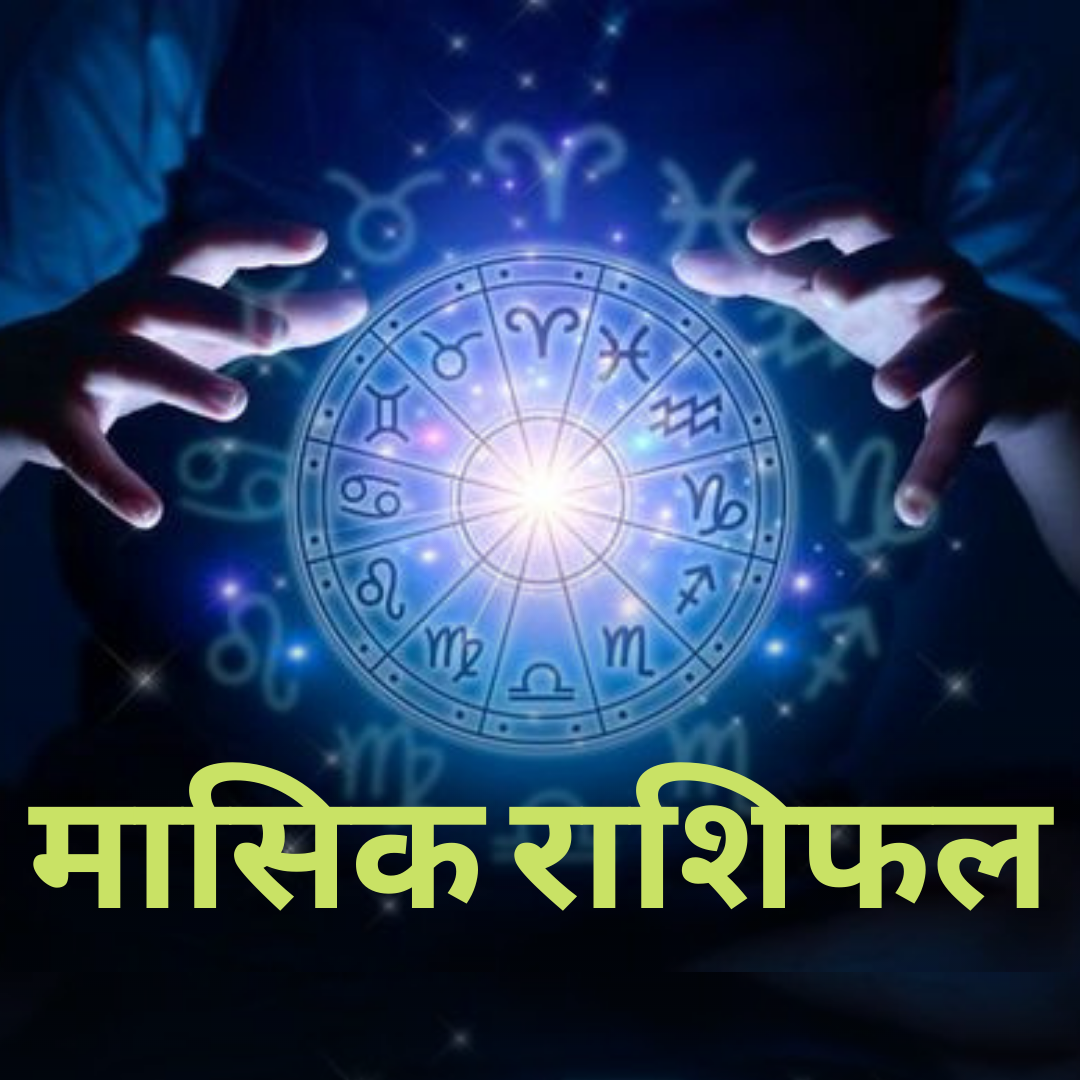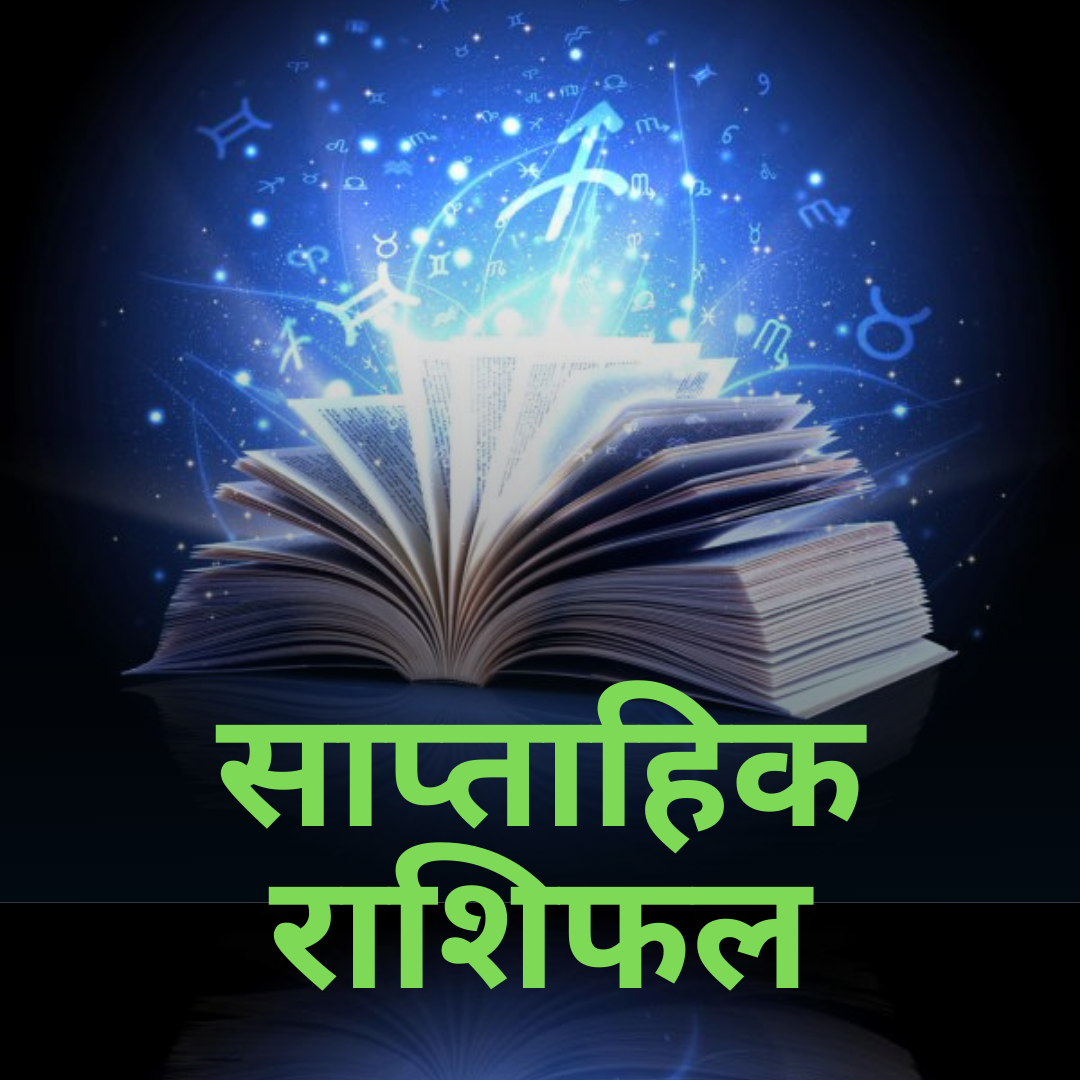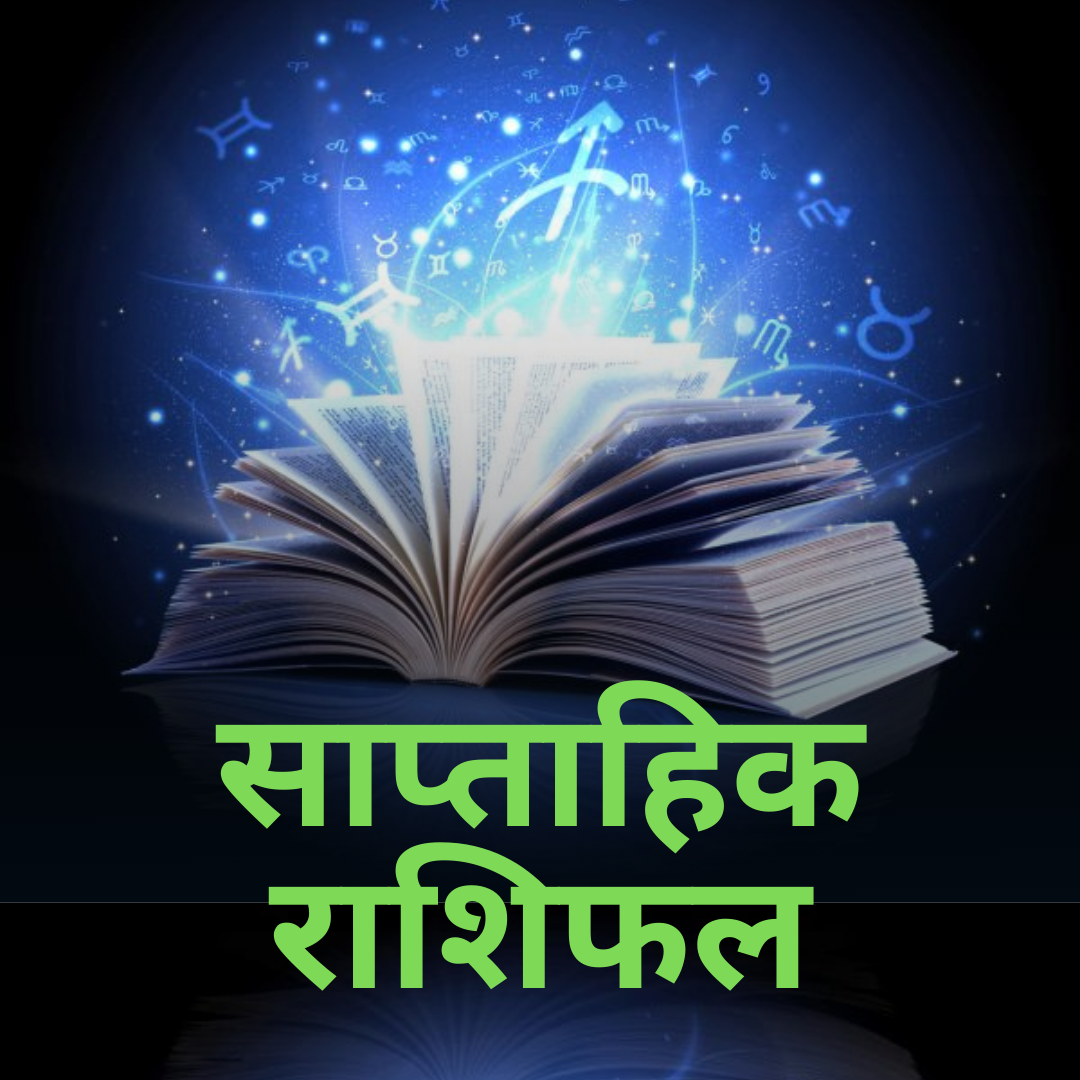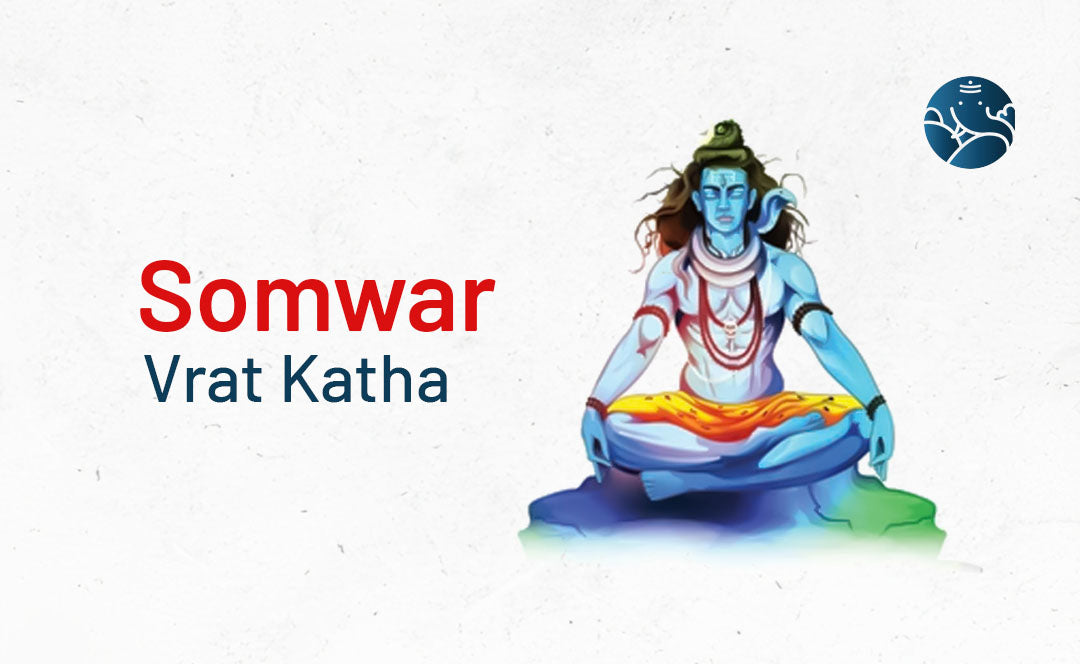
Somwar Vrat Katha - Spiritual Vibes
Somwar is a special day among the seven days of the week. Saturday and Sunday are almost holidays for working people and students. Not only India but the whole world celebrates them as weekends and the fatigue of the rest of the days of the week comes off only on Saturday and Sunday. In such a situation, every person looks energetic on Somwar and goes to work with new energy and enthusiasm. Monday is not only important for worldly works but this day is also very important religiously. This day is considered to be the day of Lord Shiva ji. By worshipping Lord Shiva on Monday, the worshipper gets the desired result. In mythological texts, a story has also been described that tells the importance of Somwar.
Somwar ki katha - Monday Vrat Katha
In Hindu mythology, the importance of the Somwar Vrat has been described through a story. The story is something like this. It was a long time ago that a moneylender lived in a city. He was a very pious moneylender and also a devotee of Lord Shiva. It was his rule to worship Lord Shiva every Monday and keep a fast according to the rules. His house was full of wealth and grains but he also had a great sorrow. That was that he had no children.
One day, Mother Parvati said to Lord Shiva about that Shiva devotee moneylender that he is your devotee, he is also very pious, he keeps doing charity, and his soul is also very pure, so why don't you fulfill his wish. Then Lord Shiva said, in this world, everyone has to suffer the consequences of their actions, the reason for his sorrow is some sins committed in his previous life. Then Mother Parvati said, I cannot see the pain of this devotee of mine, please give him the boon of getting a son. Now, God was forced to give way to the stubbornness of Maa Parvati and blessed the moneylender with a son but also said that this child would live only for 12 years. Now coincidentally, the moneylender was also listening to all this. He was neither happy nor sad about the boon of Lord Shiva.
When the time came, he had a child but the moneylender knew how long his life would be. Even then, the moneylender continued to do religious activities and when the child grew up a bit, he called the maternal uncle of the boy and sent him to Kashi to get an education. The moneylender also gave them a lot of money and told them to perform yagya and havan on the way and also give donations to the Brahmins.
As per the advice of the money lender, they were going on the way performing Yagya and Havan with a true heart. On the way, to a city, the king was getting his daughter married. The man to whom the daughter was to be married was blind in one eye and this fact was hidden from the king. Fearing exposure, the boy's family caught the uncle and nephew and got the marriage done by making the nephew sit in the mandap in place of the blind groom. Now the boy, getting a chance, wrote the truth on the princess' dupatta, due to which the matter reached the king as well. He did not send his daughter and sent the wedding procession back.
On the other hand, the uncle and nephew proceeded towards Kashi. Now the boy's education was also completed and he also turned 12 years old. Due to the completion of education, they organized a big Yagya in Kashi but the boy's health deteriorated, so the uncle sent him to rest. Since his time was over, the boy died as soon as he lay down. Seeing his nephew dead, the uncle's condition worsened and he started mourning.
Coincidentally, Lord Shiva and Maa Parvati were passing by there. Seeing this crying, Maa Parvati could not bear it and requested Lord Shiva to remove his sorrow. When Lord Shiva saw the reason for his sorrow, he said that this is the son of the same moneylender to whom I had given the boon of living for 12 years, now his time is over. Then Maa Parvati insisted that when his parents get this news, they will not be able to bear it at all, so you give life to this boy. Then Lord Shiva brought the boy back to life.
Now the happiness of the boy's maternal uncle knew no bounds, his education was complete, so he started returning to his city, on the way, the king of the city where he was married was conducting a yagya, he was also present in it, the king recognized the boy and sent his daughter with him. On the other hand, the moneylender and his wife had given up food and water and had resolved that if they got the news of their son's death, they would not live. The same night, Lord Shiva appeared in the moneylender's dream and said, "Oh devotee, I am pleased to see your faith and devotion, I am pleased to see you fasting on Mondays and narrating the story and I give your son the boon of long life."
On the next day, his eyes welled up with joy on seeing his son and the moneylender bowed down to Lord Shiva and Mother Parvati.
Overall, the lesson from the story is that one should never deviate from the path of religion, because God keeps testing his devotee. By observing a fast on Mondays and listening to and reading the story, the wishes of the person observing the fast are fulfilled.
Conclusion
The religious and spiritual significance of the Somvar Vrat and its story is of utmost importance. This fast not only brings peace and prosperity in one's personal and family life but also purifies the soul and increases devotion towards God. This fast, if observed with devotion and faith, is a simple and effective way to receive the blessings of Lord Shiva. The description of the glory of Somvar Vrat and the fruits of its observance teaches us that the grace of God can be obtained only with true devotion and dedication. Talk to astrologers to know more about Somwar Vrat Katha.


